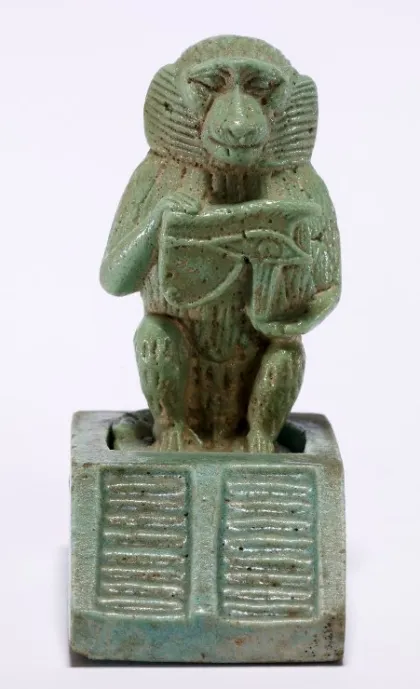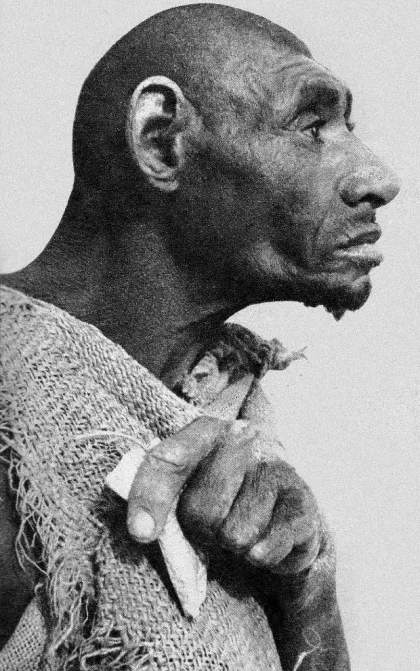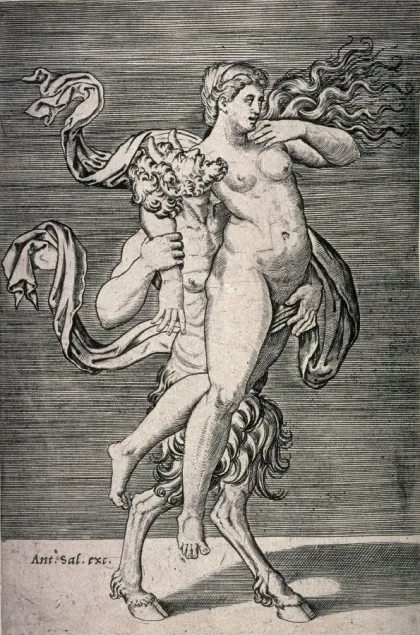John 3:16, What It Says And What It Doesn't

This evening, rather than present my commentary on the balance of John chapter 3, something which I am not yet quite prepared to do, I decided to present a related paper by Clifton Emahiser, and offer an expanded commentary on that. The paper is titled John 3:16, What It Says And What It Doesn't, and was finalized by Clifton on March 8th, 2004. Doing this, I will necessarily repeat several things which I said in Part 9 of my commentary on the Gospel of John, and also some things which I hope to state in Part 10, which is soon forthcoming. Doing this, the evolution of our opinions on John 3:16 may also be better understood, although I wish that Clifton were here to share that. In this paper, Clifton employed several of my own notes which I had sent to him on the subject, but also, because he was copying something I wrote to him in a letter, he referred to several other of my writings, which I shall endeavor to include or elaborate upon here.
John 3:16, What It Says And What It Doesn't
Most of Clifton’s pamphlet-sized essays were written in response to someone that he had questions from, or someone whom he questioned, or sometimes something he saw in the media. I do not remember the specific reason why Clifton had written this essay, but because he included a couple of paragraphs from a letter I wrote to him on the subject, and because they discussed the errors of a certain individual whom Clifton addresses here, we must have had an ongoing dialog leading up to this publication. As the impetus for this essay, Clifton recalls a trip he made to Louden, Tennessee, for a Christian Identity gathering in 1996. During the course of his nearly 20-year ministry, Clifton had made quite a few responses to what he had seen and heard at that particular gathering, and this was perhaps the last of them. Among those responses, he was compelled to write his papers on the Ephraim-Scepter Heresy, a Defense of Matthew & Luke and more significantly, the first 21 of his Watchman’s Teaching Letters, which were all subtitled with the question Just Who is This Patriarch, Judah? So it might even be safe to say that the single gathering in Louden was also the real impetus for Clifton’s starting his ministry.














 Please click here for our mailing list sign-up page.
Please click here for our mailing list sign-up page.








Recent comments